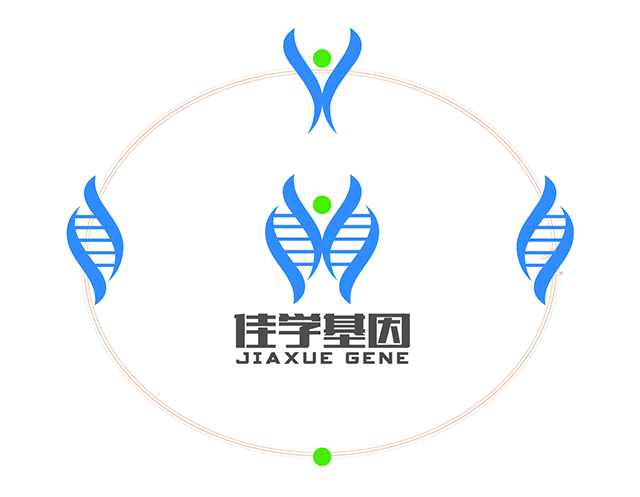【佳学基因检测】染色体稳定性基因检测揭示致癌过程及肿瘤致死率抑制
医生推荐做基因检测合理吗
挖掘肿瘤基因组学个性化药物选择记录,在基因检测技术相关章节中引用并参考了《J Cell Biochem》在. 2008 Dec 15;105(6):1327-41.发表了一篇题目为《染色体稳定性基因检测揭示致癌过程及肿瘤致死率抑制》肿瘤靶向药物治疗基因检测临床研究文章。该研究由Changxian Shen , Yonggang Zhou, Jun Zhan, Sven N Reske, Andreas K Buck等完成。基因检测揭示突变的存在、种类与数量,而基因解码则是将这种信息转化为临床应用指导的核心。清晰地阐述了基因检测们息应用的不同不节的实际价值。
肿瘤三甲医院主任医师共识性方法临床研究内容关键词:
染色体不稳定性,基因组完整性,肿瘤抑制,耐药性,靶向药物,新靶点
肿瘤靶向治疗基因检测临床应用结果
每个生物体的维持和生存取决于其基因组的完整性。必需基因的改变或异常的染色体数目和结构会导致细胞死亡。但是肿瘤的基因解码发现癌细胞,特别是在实体瘤中,含有体细胞基因突变并且是染色体不稳定性(CIN),这表明癌细胞已经获得了抑制致命突变和/或染色体不稳定性(CIN)的机制。在肿瘤的发生与演变的领域里,佳学基因解码讨论基于酵母遗传相互作用和转基因小鼠研究的肿瘤杀伤力抑制概念。在肿瘤发生的多步骤过程的早期阶段,早期癌细胞可能已经采用遗传和表观遗传改变来耐受随后发生的其他基因的致命突变,以及更大程度的染色体不稳定性(CIN)。反过来,染色体不稳定性(CIN)介导的大量基因获得和丢失为进一步的基因重组提供了更广泛的缓冲,导致癌细胞异质性、耐药性和逃避癌基因成瘾,因此染色体不稳定性(CIN)可能既是肿瘤发生的效应物,也是诱导物。因此,通过基因检测后干扰肿瘤杀伤力抑制可能导致癌细胞死亡或生长缺陷,从而提供新的药物治疗靶点。进一步验证肿瘤杀伤力抑制概念将有助于阐明染色体不稳定性(CIN)在肿瘤发生中的作用、染色体不稳定性(CIN)与体细胞基因突变之间的关系,并将影响抗癌药物开发的设计。
肿瘤发生与复发转移国际数据库描述:
The maintenance and survival of each organism depends on its genome integrity. Alterations of essential genes, or aberrant chromosome number and structure lead to cell death. Paradoxically, cancer cells, especially in solid tumors, contain somatic gene mutations and are chromosome instability (CIN), suggesting a mechanism that cancer cells have acquired to suppress the lethal mutations and/or CIN. Herein we will discuss a tumor lethality suppression concept based on the studies of yeast genetic interactions and transgenic mice. During the early stages of the multistep process of tumorigenesis, incipient cancer cells probably have adopted genetic and epigenetic alterations to tolerate the lethal mutations of other genes that ensue, and to a larger extent CIN. In turn, CIN mediated massive gain and loss of genes provides a wider buffer for further genetic reshuffling, resulting in cancer cell heterogeneity, drug resistance and evasion of oncogene addiction, thus CIN may be both the effector and inducer of tumorigenesis. Accordingly, interfering with tumor lethality suppression could lead to cancer cell death or growth defects. Further validation of the tumor lethality suppression concept would help to elucidate the role of CIN in tumorigenesis, the relationship between CIN and somatic gene mutations, and would impact the design of anticancer drug development.

(责任编辑:admin)



